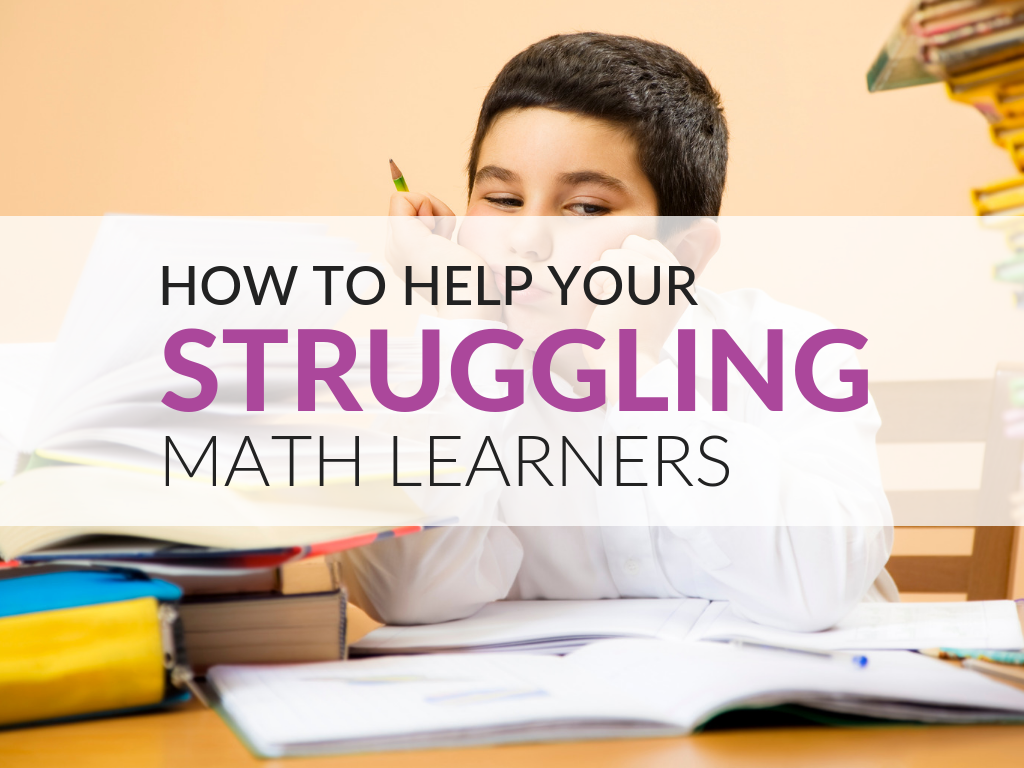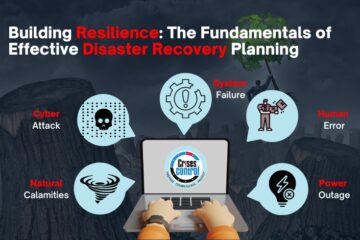Mathematics, a subject often met with mixed emotions by students, is essential to education. As a math tutor for kids, it’s not just about imparting knowledge; it’s about unlocking the wonder of numbers and patterns in young minds. Let’s explore some top strategies that can make math tutoring not only effective but also an enjoyable journey for kids.
1. Personalized Learning Approaches
Every child is unique, with distinct learning curves and styles. A one-size-fits-all approach seldom works in math tutoring. Understanding whether a child is a visual learner, an auditory learner, or a kinesthetic learner can significantly enhance the effectiveness of your teaching. Tailoring your methods to suit each child’s needs can transform their mathematical journey from daunting to delightful.
2. Connecting Math to Real Life
Math is everywhere, from the grocery store to the playground. Relating math problems to real-life scenarios can spark interest and show children the practical applications of their lessons. This approach demystifies math, making it more tangible and less abstract.
3. Incorporating Technology
In this digital age, integrating technology into learning is not just beneficial; it’s essential. Educational apps and online resources can make learning math fun and interactive. These tools often use games and challenges to reinforce concepts, catering to the tech-savvy nature of today’s children.
4. Encouraging Critical Thinking
Math isn’t just about getting the right answer; it’s about the journey to that answer. Encouraging kids to explain their thought processes and reasoning develops critical thinking skills. This method enhances their mathematical abilities and prepares them for real-world problem-solving.
5. Regular Practice with a Twist
Practice makes perfect, but it doesn’t have to be tedious. Incorporating puzzles, building blocks, or math-based board games can make practice sessions something children look forward to. It’s about balancing repetition for skill reinforcement and variety to maintain engagement.
6. Positive Reinforcement
The power of encouragement in a child’s educational journey cannot be overstated. Celebrating small victories and progress, rather than just correct answers, builds confidence and a positive attitude toward math.
7. Building a Strong Foundation
A house is only as strong as its foundation, and the same goes for math skills. Ensuring kids have a solid understanding of basic concepts before progressing to more complex topics. This strong foundation will support all future mathematical learning.
8. Collaboration with Parents
Involving parents in the learning process can extend the benefits of tutoring beyond the classroom. Sharing strategies and progress with parents allows them to reinforce learning at home, creating a supportive and holistic educational environment.
9. Continual Learning and Adaptation
As a tutor, staying updated with the latest educational strategies and understanding the evolving curriculum is vital. Adapting your methods to the changing educational landscape ensures that your tutoring remains relevant and effective.
10. Creating a Safe Learning Environment
A supportive and non-judgmental space where kids feel comfortable making mistakes is essential for learning. Children are more likely to take risks, ask questions, and ultimately learn more effectively in such an environment.
Conclusion
Effective math tutoring for kids is an art that combines knowledge, patience, creativity, and adaptability. By employing these strategies, tutors can transform math from a subject of apprehension to one of excitement and discovery. Remember, the goal is to teach math and inspire a lifelong love for learning it.



